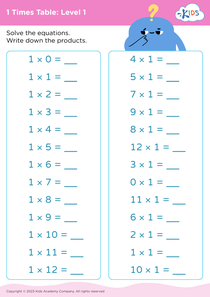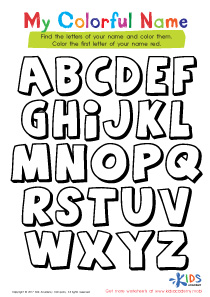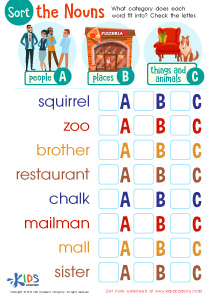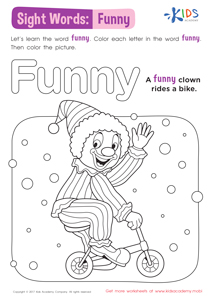Letter recognition Easy Grade 3 Letter Recognition Worksheets
5 filtered results
-
From - To
Enhance your Grade 3 students' letter recognition skills with our Easy Grade 3 Letter Recognition Worksheets! These engaging, printable resources are designed to help young learners master the fundamentals of the alphabet. Each worksheet features fun activities that encourage students to identify, match, and differentiate letters in a supportive environment. Perfect for in-class use or homeschooling, these worksheets promote active learning and build confidence in reading abilities. Explore a variety of exercises tailored to meet the needs of third graders, making learning enjoyable and effective. Start your journey towards literacy success with our expertly crafted letter recognition worksheets today!
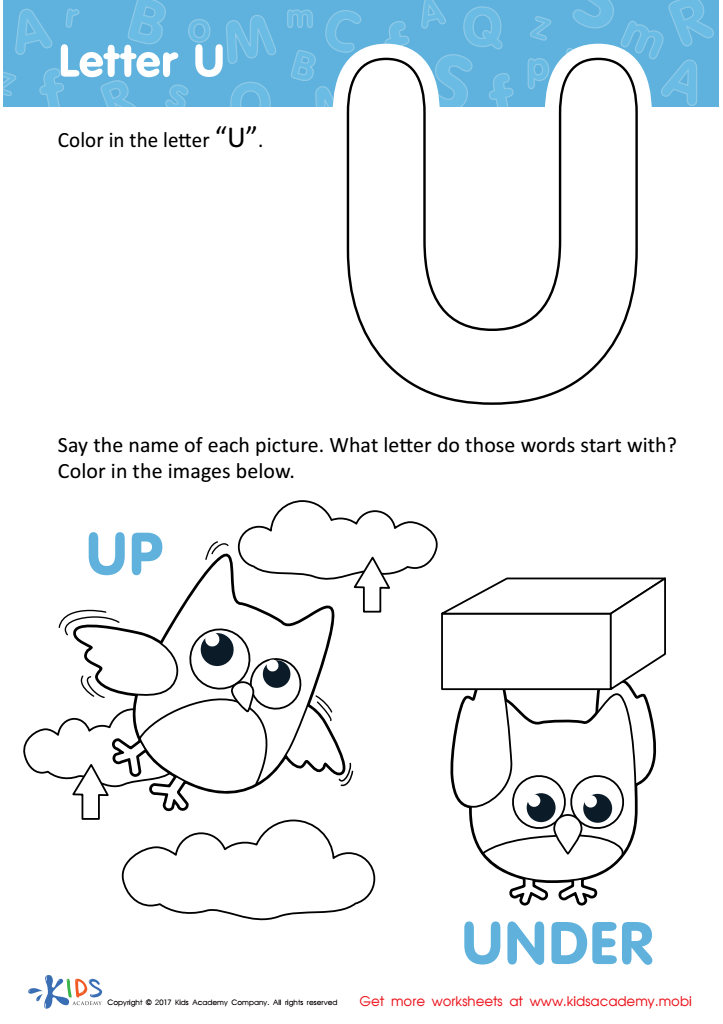

Letter U Coloring Sheet
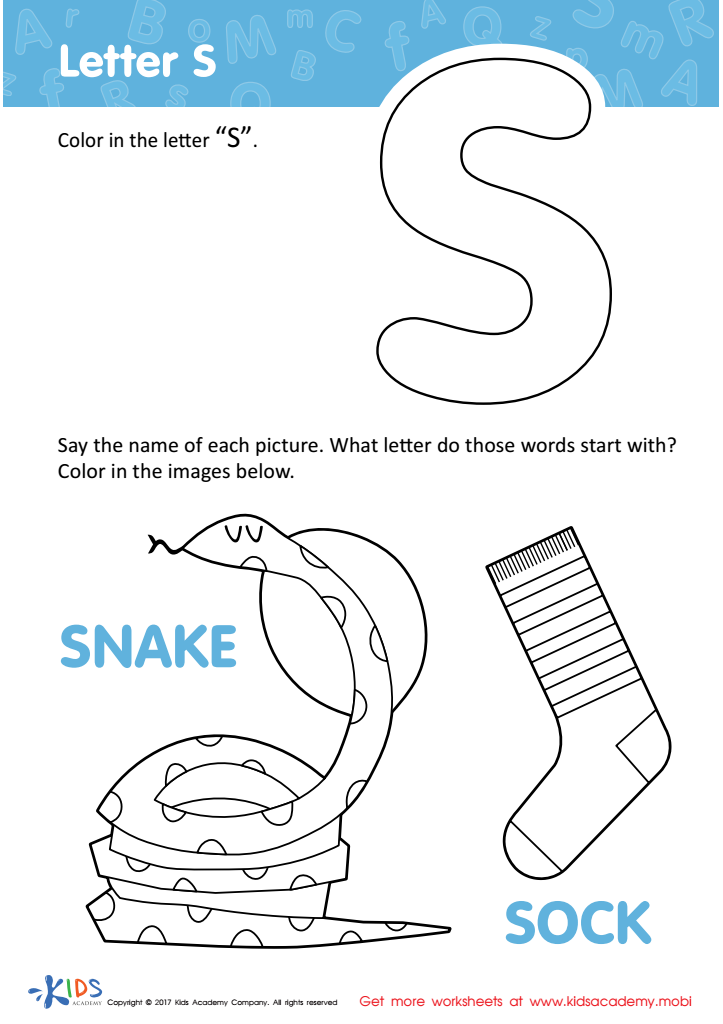

Letter S Coloring Sheet
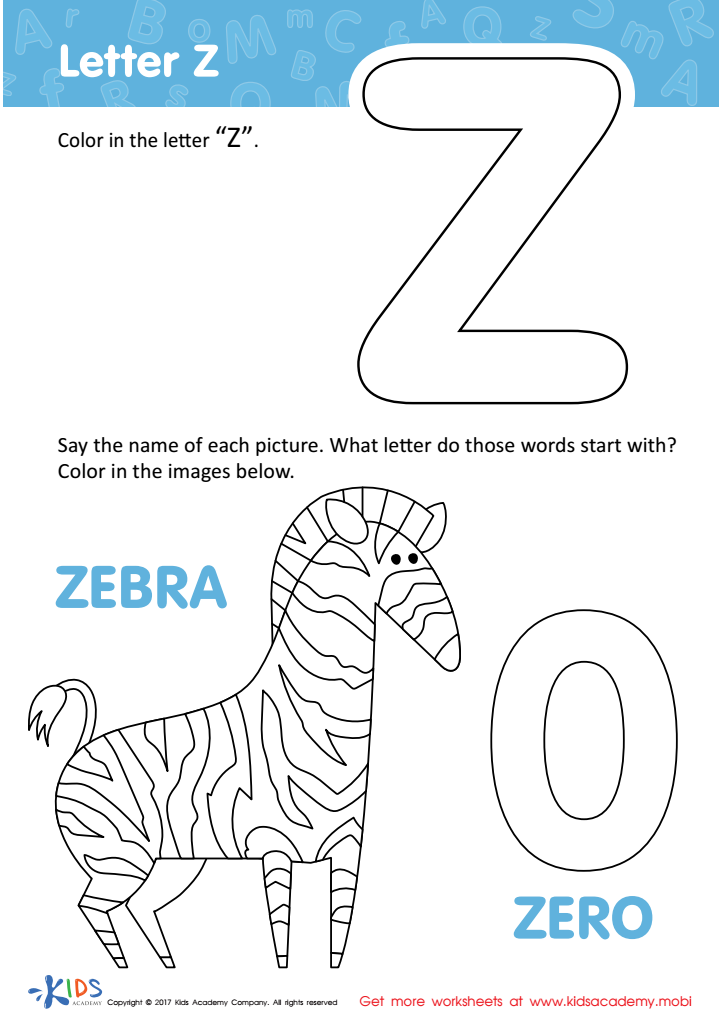

Letter Z Coloring Sheet
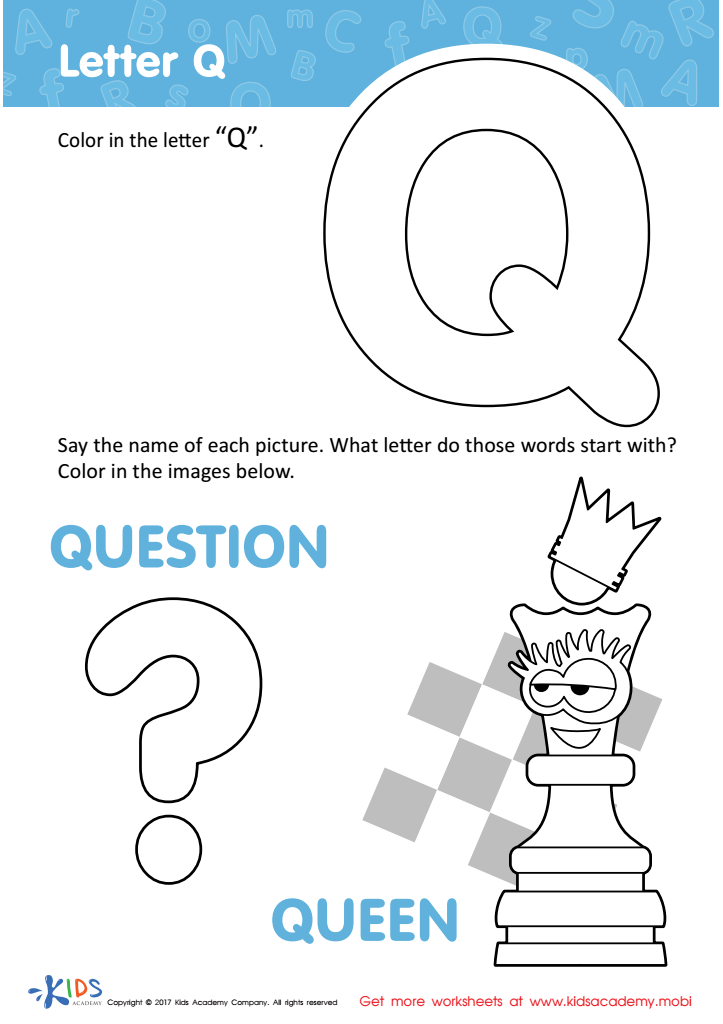

Letter Q Coloring Sheet
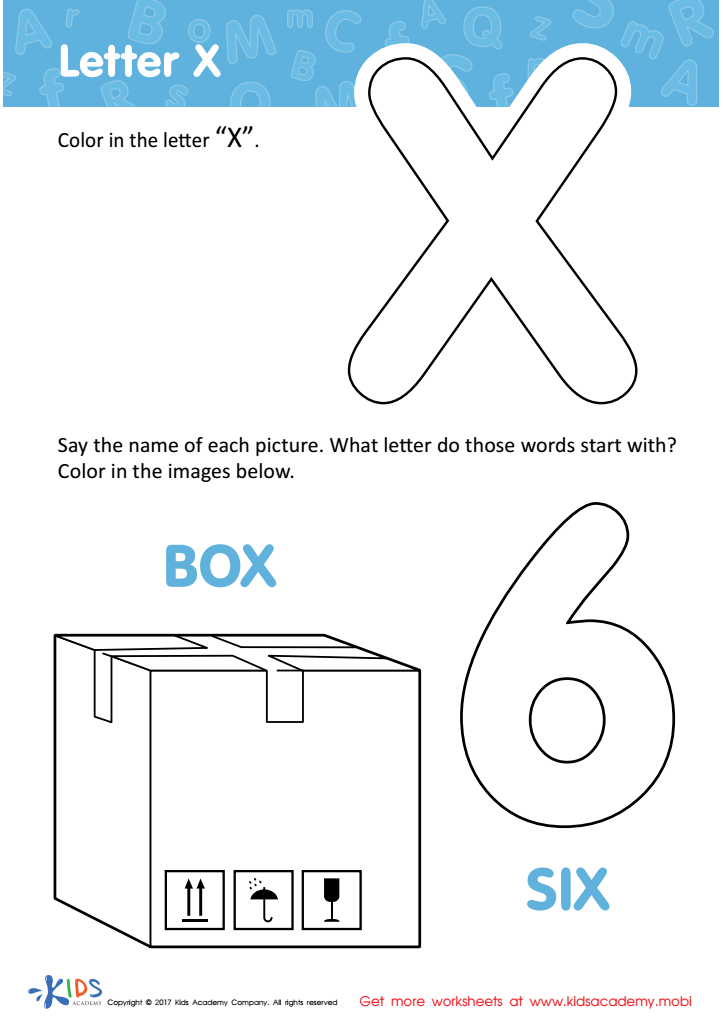

Letter X Coloring Sheet
Letter recognition is a fundamental skill that lays the groundwork for literacy development in early grade students, particularly in Grade 3. Parents and teachers should prioritize this skill for several reasons.
First, letter recognition helps children identify and understand the letters of the alphabet, which is crucial for reading and writing. Mastery in recognizing letters allows students to decode words, fostering their ability to read independently and fluently. This confidence in reading can significantly enhance their overall academic performance.
Second, letter recognition contributes to vocabulary development. When children can recognize letters, they are more likely to engage with written text, thus exposing themselves to new words and ideas, further enriching their language skills.
Additionally, recognizing letters supports phonemic awareness, the ability to hear and manipulate sounds in words. This skill is essential for spelling and helps in the later stages of reading development, providing a solid foundation for comprehension and analysis as students progress in their education.
Finally, fostering letter recognition translates into improved self-esteem and a positive attitude toward learning. Encouraging both formal and informal reading activities at home and school can create a supportive environment, making literacy a shared joy between parents, teachers, and students alike.
 Assign to My Students
Assign to My Students





